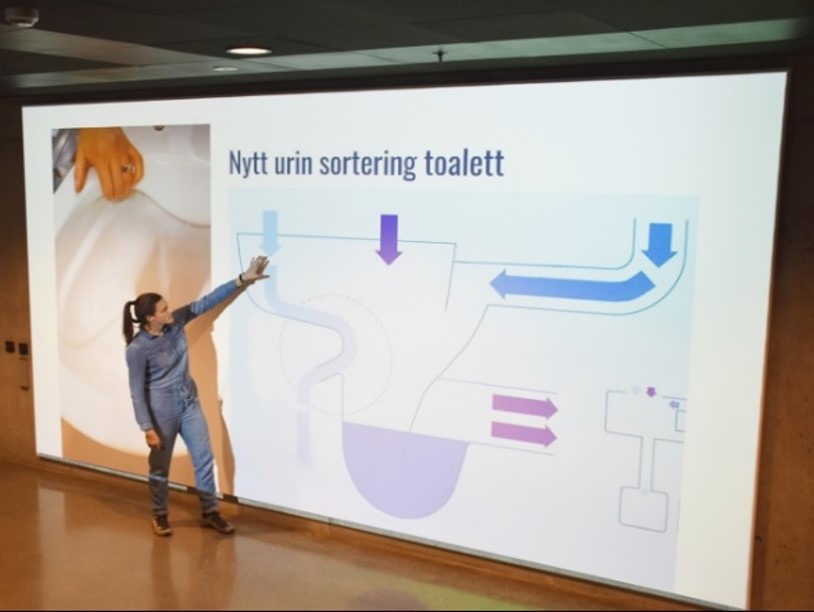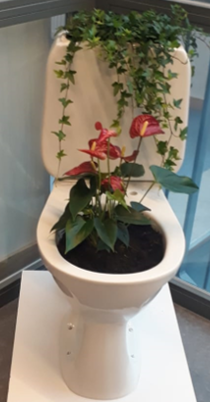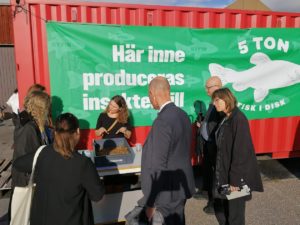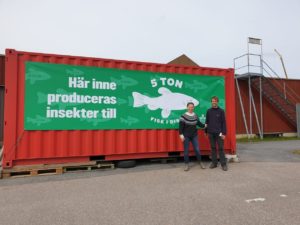In our latest paper, published in the Chemical Engineering Journal, we show how all the nitrogen in fresh human urine can be captured in the form of solid urine-based fertilisers.

Abstract: Recycling urine can reduce the flux of reactive nitrogen in the environment. This paper presents a novel approach to recover all N (Ntot) from urine, including ammonia (TAN; about 5% of Ntot), which is usually volatilised when alkalised urine is dehydrated. As analytical methods for measuring N have a standard deviation of at least 5%, real fresh urine was fortified with ammonia (urineN) or ammonia and phosphate (urineNP) so that TAN comprised 10% of Ntot. The urine was then added to different magnesium-based alkaline substrates (MgO, Mg(OH)2, MgCl2 + Mg(OH)2) and dried at 38 ˚C. Chemical speciation modelling suggested that, irrespective of the substrate, >98% of Ntot in urineNP was recovered and 86% of TAN was precipitated as struvite. Experimental results showed that < 90% of Ntot was recovered when urineNP was dried in MgO and Mg(OH)2, suggesting that no TAN was captured. However, all phosphorus and potassium and 93% (±5%) of Ntot and 30% of TAN were recovered when urineNP was dried in MgCl2 + Mg(OH)2, as the [Mg]:[NH4]:[PO4] molar ratio of 1.69:1.14:1.0 in urine favoured formation of struvite. Overall, this study demonstrated that all ammonia excreted in real fresh urine (unfortified, TAN < 5% Ntot) can be captured if urine is dried in substrates containing 3.7 g MgCl2·6H2O L−1 or 2.2 g MgSO4 L−1, but no calcium. Ammonia can also be captured if fresh urine is saturated with MgO or Mg(OH)2 with high reactivity (<60 s citric acid test). If the drying substrate has pH > 10 throughout the treatment, urease enzyme-catalysed degradation of urea to ammonia is prevented, resulting in complete recovery of all nutrients. The end-product is a solid fertiliser containing 10–11% nitrogen, 1–2% phosphorus and 2–3% potassium.



 Last week on 15th of November, Jenna Senecal and Anastasija Vasiljev gave a talk on urine research at the Baltic Sea Science Center in Stockholm. The topic of discussion was “From Fork to Farm and from Farm to Fork. How toilets are a part of this cycle”. The audience consisted of around 20 high school teachers.
Last week on 15th of November, Jenna Senecal and Anastasija Vasiljev gave a talk on urine research at the Baltic Sea Science Center in Stockholm. The topic of discussion was “From Fork to Farm and from Farm to Fork. How toilets are a part of this cycle”. The audience consisted of around 20 high school teachers.
 Cecilia Lalander from Kretsloppsteknik welcomed visitors from the Kjell and Märta Beijers Stiftelse at SLU campus in Ultuna. In the spotlight was the latest project “5 ton fish on the counter” (see blogpost from 04. March
Cecilia Lalander from Kretsloppsteknik welcomed visitors from the Kjell and Märta Beijers Stiftelse at SLU campus in Ultuna. In the spotlight was the latest project “5 ton fish on the counter” (see blogpost from 04. March 

